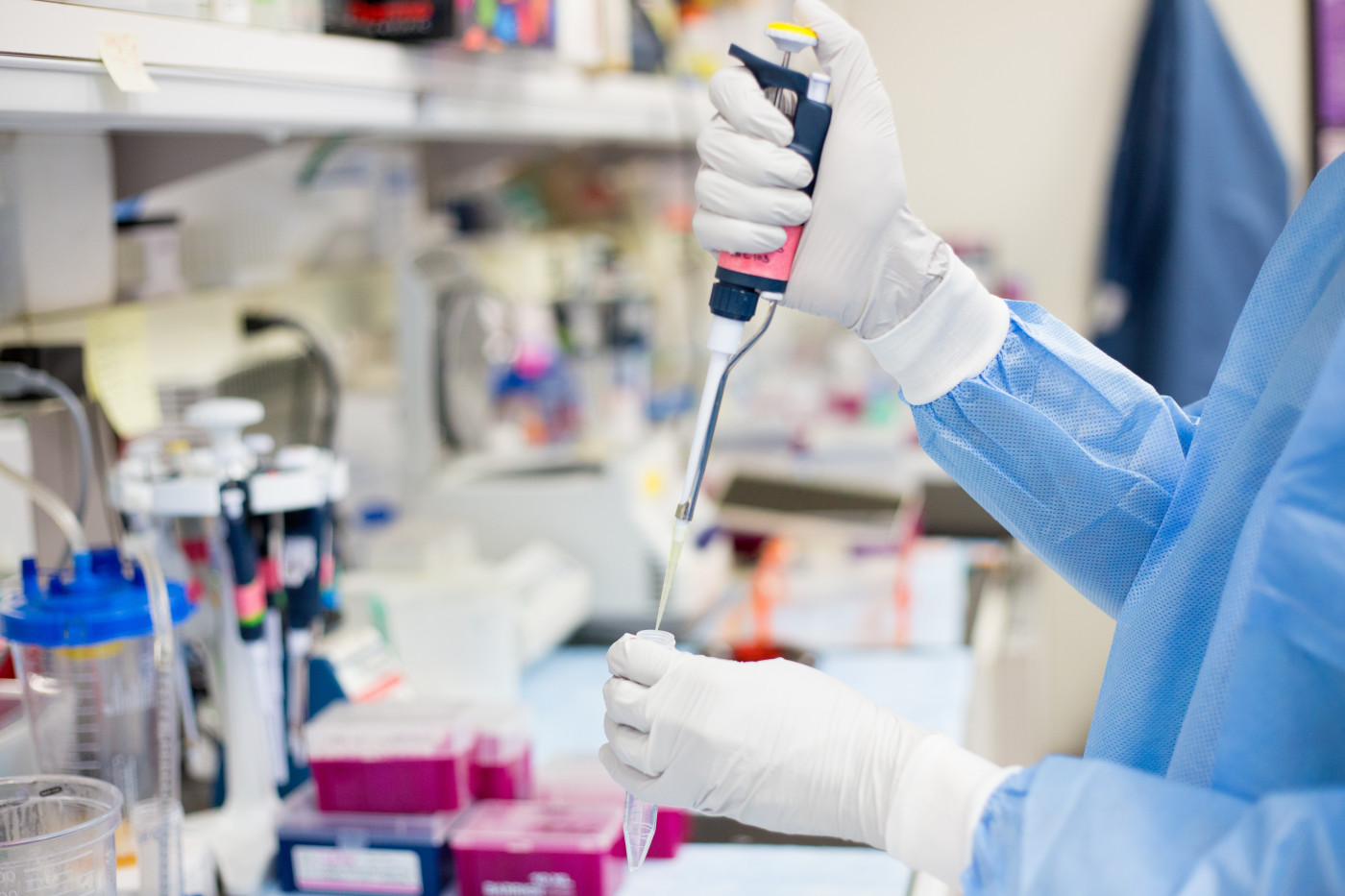Rodatristat Ethyl May Reduce Serotonin Production and Affect Vascular Remodeling in PAH Patients, Study Suggests

Oral treatment with rodatristat ethyl is safe and reduced the levels of serotonin — a hormone whose high levels may promote the tightening of pulmonary artery muscle cells — in healthy volunteers, a study has shown.
The results were presented in a poster, titled “Once Daily Oral Dosing of Rodatristat Ethyl (RVT-1201) Achieves Reductions in Serotonin Biosynthesis Comparable to those Associated with Reversal of Vascular Remodeling in PAH Animal Models,” at the recent 2019 CHEST Annual Meeting, in New Orleans.
Rodatristat ethyl (formerly known as RVT-1201), in development by Altavant Sciences, is a tryptophan hydroxylase (TPH) inhibitor designed to prevent the production of serotonin. Serotonin is naturally produced by cells in the body, but too much serotonin promotes the tightening and growth of pulmonary artery muscle cells, which are hallmark features of pulmonary arterial hypertension (PAH).
In preclinical studies with two different mouse models of PAH, treatment with rodatristat ethyl (given at a dose of 100 mg once a day) decreased the levels of 5-hydroxyindoleacetic acid (5-HIAA), the main breakdown product of serotonin and a biomarker of serotonin production.
In the new study, researchers assessed the reduction in the levels of 5-HIAA in healthy subjects upon treatment with rodatristat ethyl.
In total, 48 healthy subjects were given rodatristat ethyl, administered orally once daily in two doses (500 or 800 mg) or twice daily (200 or 400 mg dose), or a placebo over 14 days. In total, 36 patients received rodatristat ethyl, and 12 took the placebo.
The levels of 5-HIAA in their urine and blood were assessed after the 14 days of treatment.
Results showed that 5-HIAA levels were reduced in all dose regimens compared with the placebo group. In particular, the higher 800 mg dose, given once a day, reduced 5-HIAA levels by about 40% in the blood, and by 45.8% in urine. In comparison, the 400 mg twice-daily dose (800 mg in total) provided a similar reduction — 49.9% in the blood, and 55.5% in urine.
Importantly, these 5-HIAA results are consistent with the improvement in pulmonary wall thickness seen previously in mouse models of PAH, suggesting that rodatristat ethyl may help reverse the vascular remodeling that occurs in the disease.
“Patients with PAH often take one or more medications daily to treat their disease and manage symptoms. The ability to offer rodatristat ethyl in a once-daily dosage form would allow patients the flexibility to integrate it into their existing treatment regimen more easily, potentially improving overall treatment convenience and adherence,” William T. Symonds, CEO of Altavant, said in a news release.
Both dose regimens (once or twice a day) were generally well-tolerated, according to the researchers.
Previous data from Phase 1 studies had shown that rodatrist ethly is well-tolerated and safe in healthy volunteers.
Overall, rodatristat ethyl “has the potential to reduce serotonin production and impact vascular remodeling in PAH patients. If ultimately proven effective, the potential to dose RVT-1201 once-daily may help improve overall treatment adherence,” the researchers said.
Of note, some of the researchers involved in the study are employees of Altavant.
Based on these positive safety and early efficacy results, Altavant is currently recruiting adults with PAH in the U.S. and Canada to its Phase 2a study (NCT03924154), called ELEVATE 1, testing rodatristat ethyl versus a placebo. More information on enrollment can be found here.







